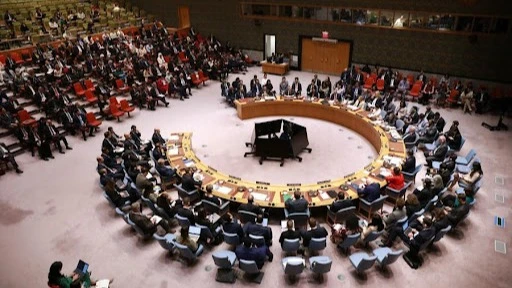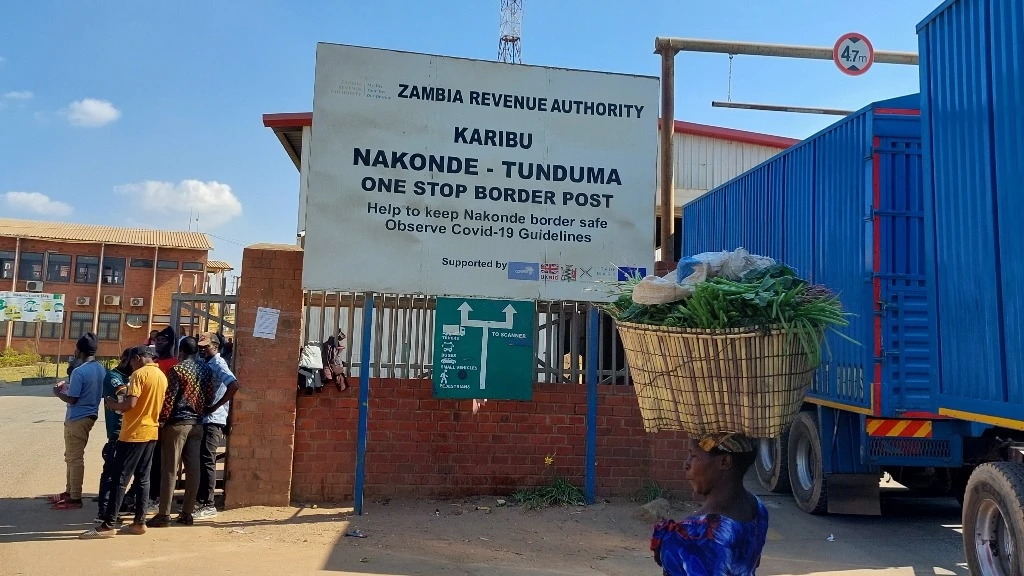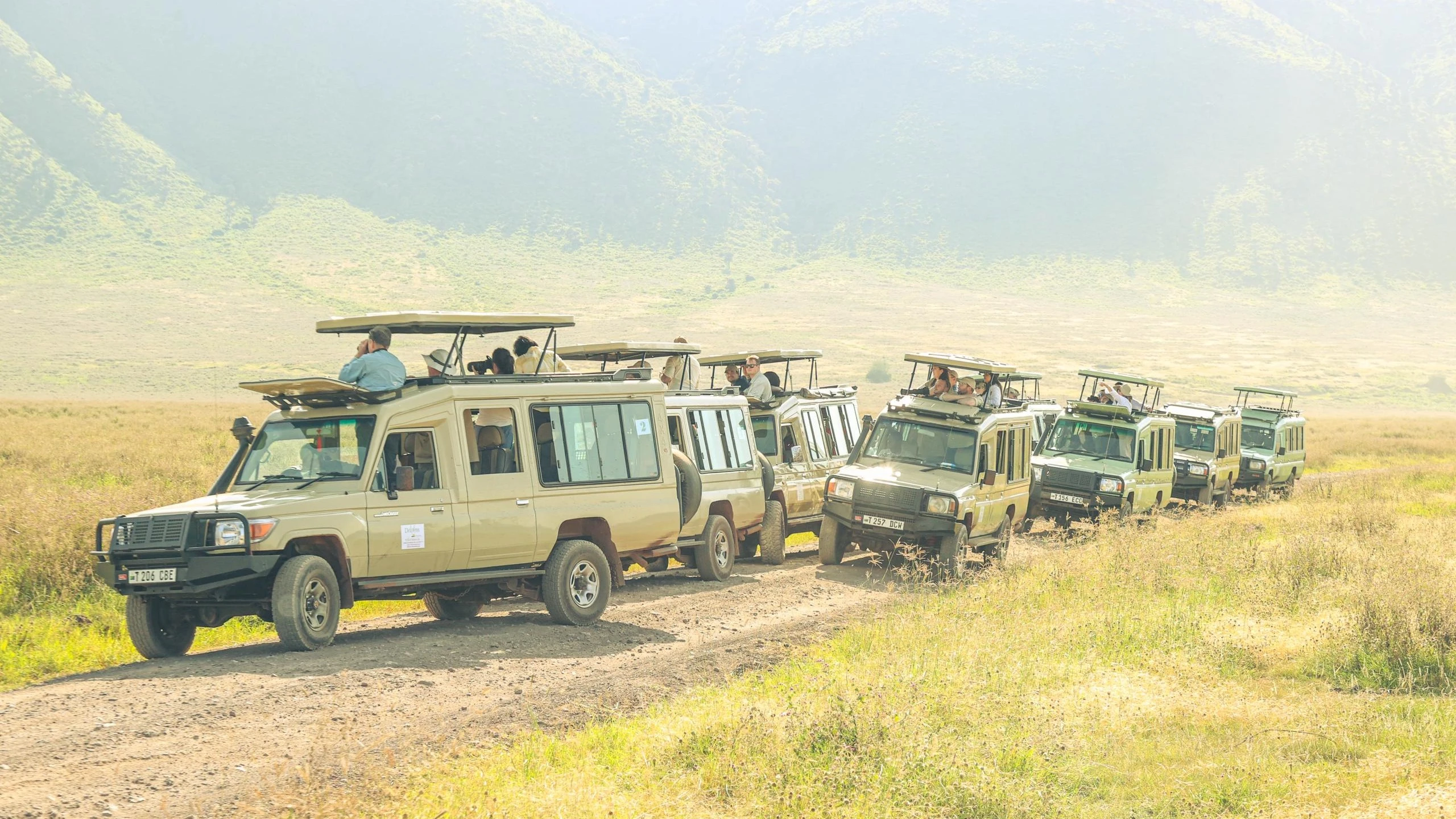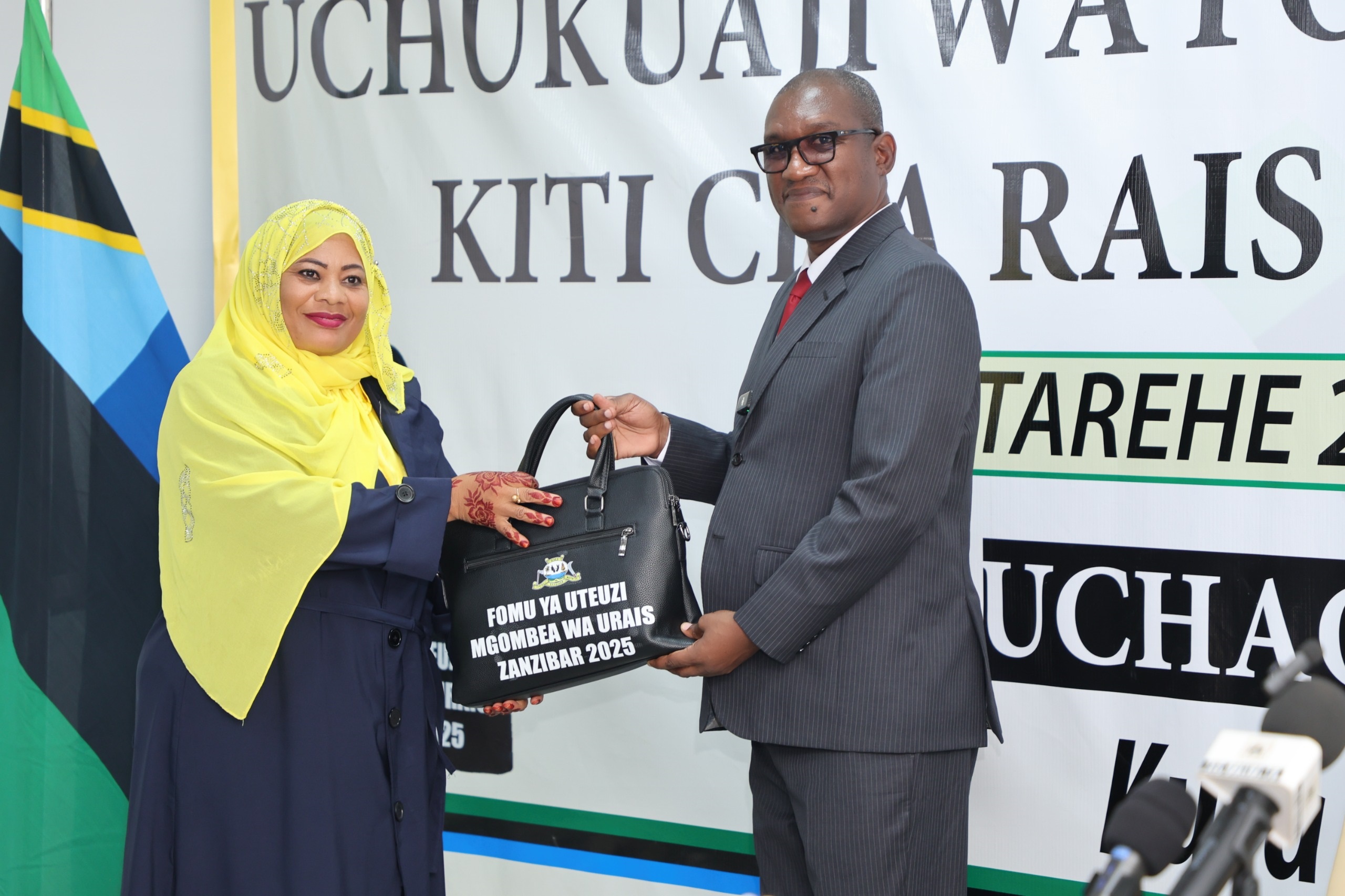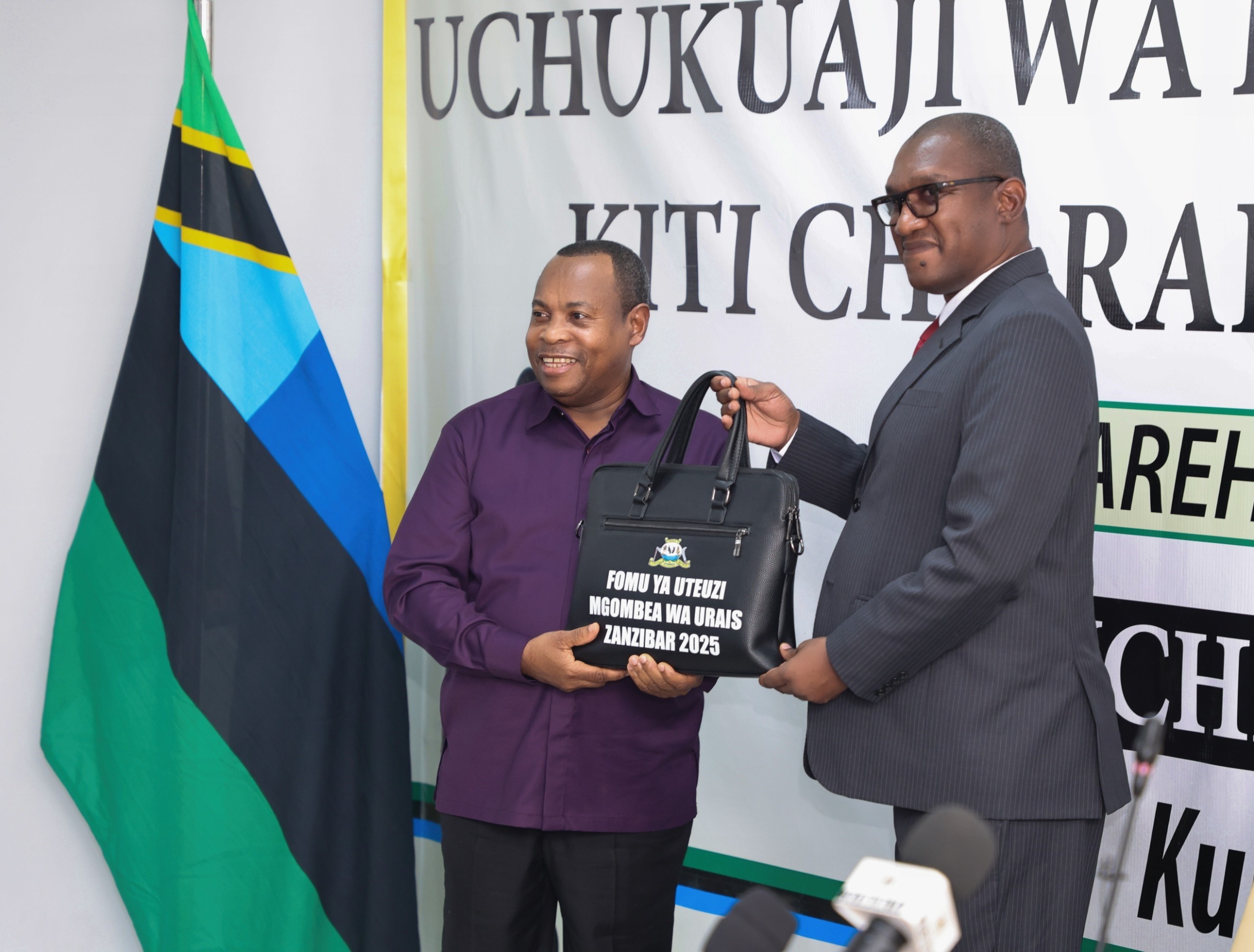Tanzania's tourism soars to new heights, as NBS data reveals record-breaking year
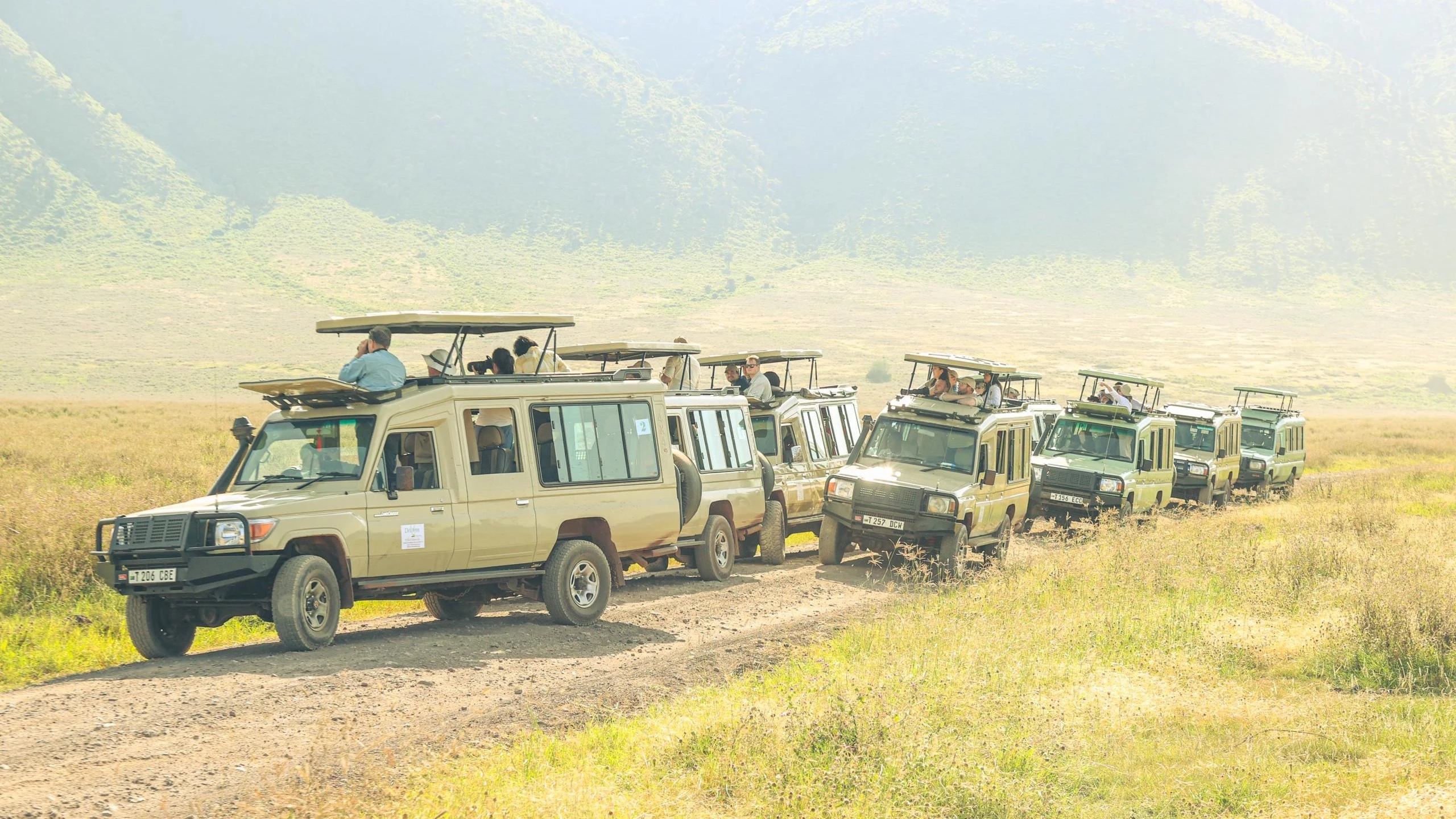
Tanzania’s tourism industry recorded a historic rebound in 2024, surpassing pre-pandemic levels and cementing its place among Africa’s top destinations, according to the 2024 International Visitors’ Exit Survey Report published last week by the National Bureau of Statistics (NBS).
The findings reveal that international tourist arrivals rose sharply by 18.5 percent, climbing from 1,808,205 in 2023 to 2,141,895 in 2024.
As a result, tourism earnings jumped 15.7 percent to USD 3.9 billion, up from USD 3.37 billion in the previous year. This performance marked a full recovery of the sector, with arrivals exceeding pre-pandemic levels by 40 percent.
Globally, tourism also staged a strong comeback, reaching 1.4 billion arrivals in 2024—representing 99 percent of pre-pandemic levels. The Middle East, Africa, and Europe led the recovery, supported by expanded air connectivity and improved visa processes
Tanzania’s international appeal was reinforced through major promotional efforts.
The launch of the Amazing Tanzania documentary in Beijing, co-hosted by President Samia Suluhu Hassan and Zanzibar’s President Hussein Ali Mwinyi alongside Chinese actor Jin Dong, played a pivotal role in opening the Chinese market. For the first time, China appeared in the top 15 source markets for Tanzania.
The country also shone on the global stage, winning five prestigious accolades at the 31st annual World Travel Awards.
Tanzania was recognized as Africa’s Leading Safari Destination, while the Serengeti retained its title as Africa’s Leading National Park for the sixth consecutive year.
Mount Kilimanjaro was crowned Africa’s Leading Tourist Attraction, and Zanzibar earned recognition as Africa’s Leading Festival and Event Destination .
“These awards underscore Tanzania’s commitment to preserving its natural wonders and delivering unforgettable visitor experiences,” the report notes.
Traditional source markets continued to dominate in 2024 as the United States led all inbound markets, by accounting for 15 percent of all visits to mainland Tanzania. It is followed by Italy at 11.8 percent and France at 7.3 percent, with Kenya also emerging as a key player in the top three.
The report notes that a remarkable 65 percent of the survey respondents were first-time visitors, indicating the country's growing appeal to new audiences..
Others in the top 15 include the United Kingdom, Germany, Spain, Zambia, and Burundi. New entrants were South Africa, China, and Australia, highlighting Tanzania’s growing reach.
Zanzibar also recorded a similar pattern, with Italy maintaining its lead as the top source market, followed by Germany and France. In total, the top 15 source markets accounted for over 80 percent of all arrivals.
Notably, long-haul markets contributed a large share of first-time visitors, particularly from the United States, Italy, France, and Australia. Repeat visitors mainly came from regional neighbors such as Zambia, Zimbabwe, Kenya, and the Democratic Republic of Congo .
According to the report, leisure and holidays remained the primary motivation for travel, accounting for 74.3 percent of visits to mainland Tanzania (URT) and an even higher 91 percent in Zanzibar. Business travel, visiting friends and relatives, and conferences made up much smaller proportions .
The average length of stay was 10 nights on the mainland and 7 nights in Zanzibar, the latter up from 6 nights in 2023. This improvement in Zanzibar was partly attributed to expanded air connectivity, with new routes launched by World2Fly from Spain, Jambojet from Mombasa, and TUI Fly from the Netherlands .
Wildlife safaris, beach holidays, mountain climbing, and cultural tours topped the list of tourism activities.
Ngorongoro Crater, Serengeti National Park, Tarangire, Stone Town, and Zanzibar’s white sandy beaches in Nungwi, Kendwa, Kiwengwa, and Paje were the most visited sites, accounting for over 63 percent of visits .
Special events also boosted tourism visibility. The Ruaha National Park launched hot air balloon tours during its 60th anniversary, while Arusha hosted the Land Rover Festival. Zanzibar staged the Kusi International Kite Surfing Competition, enhancing its profile as a sports tourism hub .
Tourism remained a critical pillar of the economy, with spending patterns showing strong revenue growth. Out of the US$3.9 billion in earnings, leisure and holiday visitors contributed US$3.77 billion, while business tourists accounted for the least. Package tours dominated, generating nearly 69 percent of total earnings .
Zanzibar alone contributed USD 997.8 million, a 10.1 percent rise from 2023, fueled by a 10.8 percent increase in arrivals to 601,006 and a longer average stay .
Visitors from China registered the highest per-night expenditure, averaging US$492, followed by Canada and the United States.
In terms of activities, hunting tourists spent the most at USD 460 per person per night, while wildlife safari tourists averaged US$399. By contrast, medical tourists spent the least, at just US$64.5 per person per night.
The survey found that most visitors were satisfied with their stay, praising Tanzania’s natural attractions, cultural heritage, and hospitality. However, they pointed to areas needing improvement, including road and transport infrastructure, visa processing at airports, high park fees, and limited availability of ATMs and credit card acceptance.
The government has been rolling out measures to address these challenges. Ongoing investments in road, air, and rail transport infrastructure are expected to ease access to key attractions. Authorities are also emphasizing online visa processing to reduce delays and enhance efficiency.
Looking ahead, the report projects continued growth in Tanzania’s tourism sector, buoyed by increased global air connectivity, strong marketing efforts, and rising demand for sustainable travel.
“The sector is expected to remain a major driver of foreign exchange earnings and job creation,” the survey concludes, calling for continued investments in infrastructure, conservation, and digital innovations to sustain growth.
With tourism earnings nearing US$4 billion and international recognition mounting, Tanzania’s brand as an African tourism powerhouse appears stronger than ever.
Top Headlines
© 2025 IPPMEDIA.COM. ALL RIGHTS RESERVED















